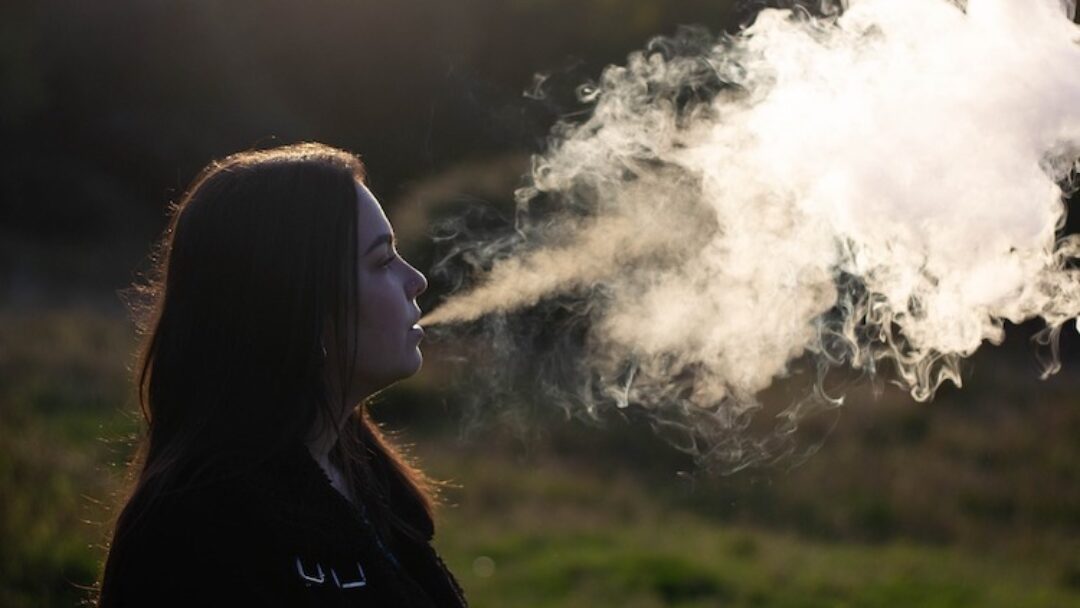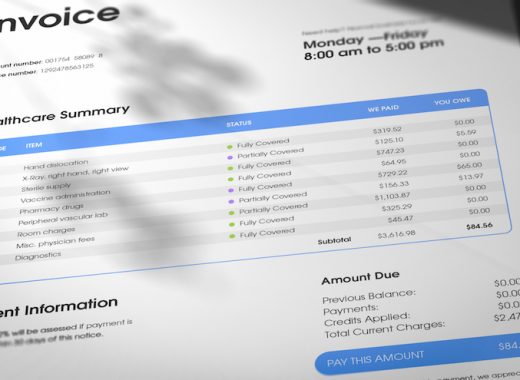State officials are sounding the alarm as they have seen an increase in teenagers experimenting with delta-8, a substance derived from hemp and cannabis. As a result, measures have been taken to tighten regulations on this drug.
According to the latest Monitoring the Future survey released on Tuesday, approximately 10% of high school seniors across the country have admitted to consuming delta-8, also known as “diet weed,” due to its ability to produce a less intense “high” compared to delta-9, the primary psychoactive compound found in marijuana. This trend has gained popularity among teenagers.
While delta-8 products are legal on a federal level, there has been ongoing debate among state authorities regarding the necessity of implementing regulations in light of safety concerns. Here is a breakdown of the current state of delta-8 usage in Arizona.
What is delta-8?
Delta-8 is a term that refers to a specific chemical compound.
Delta-8, also known as delta-8 tetrahydrocannabinol or delta-8 THC, is a type of psychoactive compound that is known to induce a state of euphoria.
According to the majority of users, delta-8, a compound found in the cannabis plant, does not produce the same psychoactive effects as delta-9, which is found in marijuana. This includes the feeling of paranoia that is often associated with the high from delta-9. As a result, some enthusiasts have dubbed delta-8 as “weed lite”.
Although delta-8 can be found in cannabis and hemp, it is not typically present in significant levels. As a result, concentrated forms of the compound are typically produced from CBD extracted from hemp. This allows manufacturers to produce substantial quantities of the substance for use in vape pens and in edible gummies.
Is delta-8 legal at the federal level?
As delta-8 is sourced from the hemp strain of cannabis, its legality is not restricted at the federal level due to the 2018 Farm Bill. This lack of explicit prohibitions on delta-8 created a loophole, allowing manufacturers to produce and distribute delta-8 products derived from hemp, while delta-9 remained illegal at the federal level.
The introduction of the loophole led to a significant increase in the sales of consumable hemp products, particularly those that contain delta-8.
In May of 2022, a federal judge in California declared that the production of delta-8 and other CBD compounds extracted from hemp was permissible, thus resolving a legal disagreement about the validity of the loophole.
At present, there exists no federal mandate for a minimum age requirement when buying delta-8 products, which are available for sale online and in gas stations and convenience stores. Nevertheless, various states have enforced their own limitations, guidelines, and even prohibitions on delta-8 products.
Can delta-8 be legally used in Arizona?
The use of delta-8 has caused a disagreement among state officials regarding the implementation of restrictions. In an official statement released on Monday, Arizona’s Attorney General Kris Mayes expressed that any compounds derived from hemp, including delta-8, are prohibited and considered illegal in the state. Therefore, she ordered all stores selling delta-8 products in Arizona to cease their sales immediately.
According to Mayes’ classification, hemp products such as delta-8 that are deemed “intoxicating” can only be legally purchased by individuals 21 years of age or older from licensed dispensaries. This is due to the fact that Mayes considers these products to fall under the category of narcotic cannabis.
According to the American Trade Association of Cannabis and Hemp, delta-8 has been prohibited in multiple states through laws that were put into effect either prior to or following the 2018 Farm Bill and administrative regulations. As of 2023, these states have banned the drug: Alaska, Arizona, Arkansas, California, Colorado, Delaware, Hawaii, Idaho, Iowa, Mississippi, Montana, North Dakota, Rhode Island, and Washington.
What is the reason behind the restrictions on delta-8?
The primary focus of the discussion surrounding limitations on delta-8 items revolves around safety worries. With the rising popularity of these products, there has also been an increase in warnings about their potential harm. In 2022, a child in Virginia passed away after consuming a significant amount of THC gummies containing delta-8, while the Food and Drug Administration has cautioned about the presence of potential harmful substances in these items.
According to the FDA, the origin of these impurities can be traced back to the chemicals utilized in the production of delta-8. Inhaling or ingesting them may pose potential risks to one’s health.
According to a 2022 consumer update, the FDA has not reviewed or sanctioned the use of Delta-8 THC products for safety and there is a possibility that they may be advertised in a manner that endangers public health.
According to a survey funded by the National Institutes of Health, the use of delta-8 has risen among teenagers, specifically with 11% of 12th graders reporting usage in the past year. The survey also revealed that usage was more prevalent in the southern and midwestern regions, as well as in states where cannabis laws were not in place or where delta-8 was unregulated.
Authorities estimate that approximately eleven percent of teens, which equates to one or two students in an average-sized high school class, may be consuming delta-8. Although there is limited knowledge about these substances, it is evident that they are readily available to teenagers.








